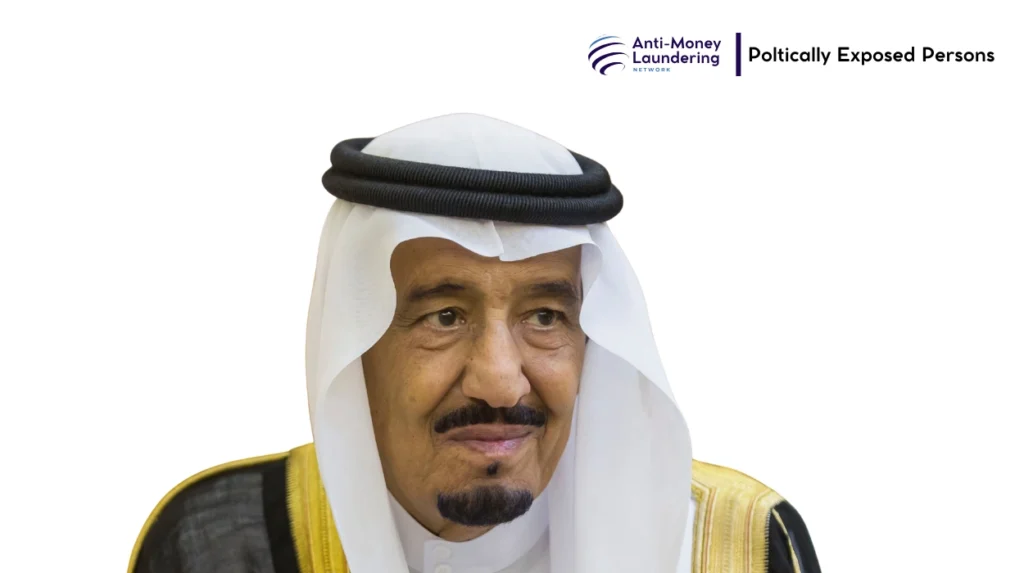King Salman bin Abdulaziz Al Saud’s reign highlights deep challenges in Saudi Arabia’s governance, where offshore linkages and elite immunity enable concealment of wealth and financial misconduct. Despite anti-corruption measures, the ruling system largely shields top royals, undermining accountability and transparency.
King Salman bin Abdulaziz Al Saud, while not publicly charged or sanctioned, is credibly linked via the Panama Papers leak to offshore financial schemes that suggest attempts to conceal wealth offshore. The Saudi political system under his rule is criticized for enabling opaqueness, impunity, and elite privilege, shielding top royals from accountability despite widespread corruption allegations within the royal family and government. The anti-corruption purge led by his son has targeted some princes and officials for financial crimes but is widely seen as politically selective, leaving the highest echelons of power, including King Salman, insulated from scrutiny. This case underscores the challenges in regulating PEPs in authoritarian regimes where transparency and independent institutions are weak.

